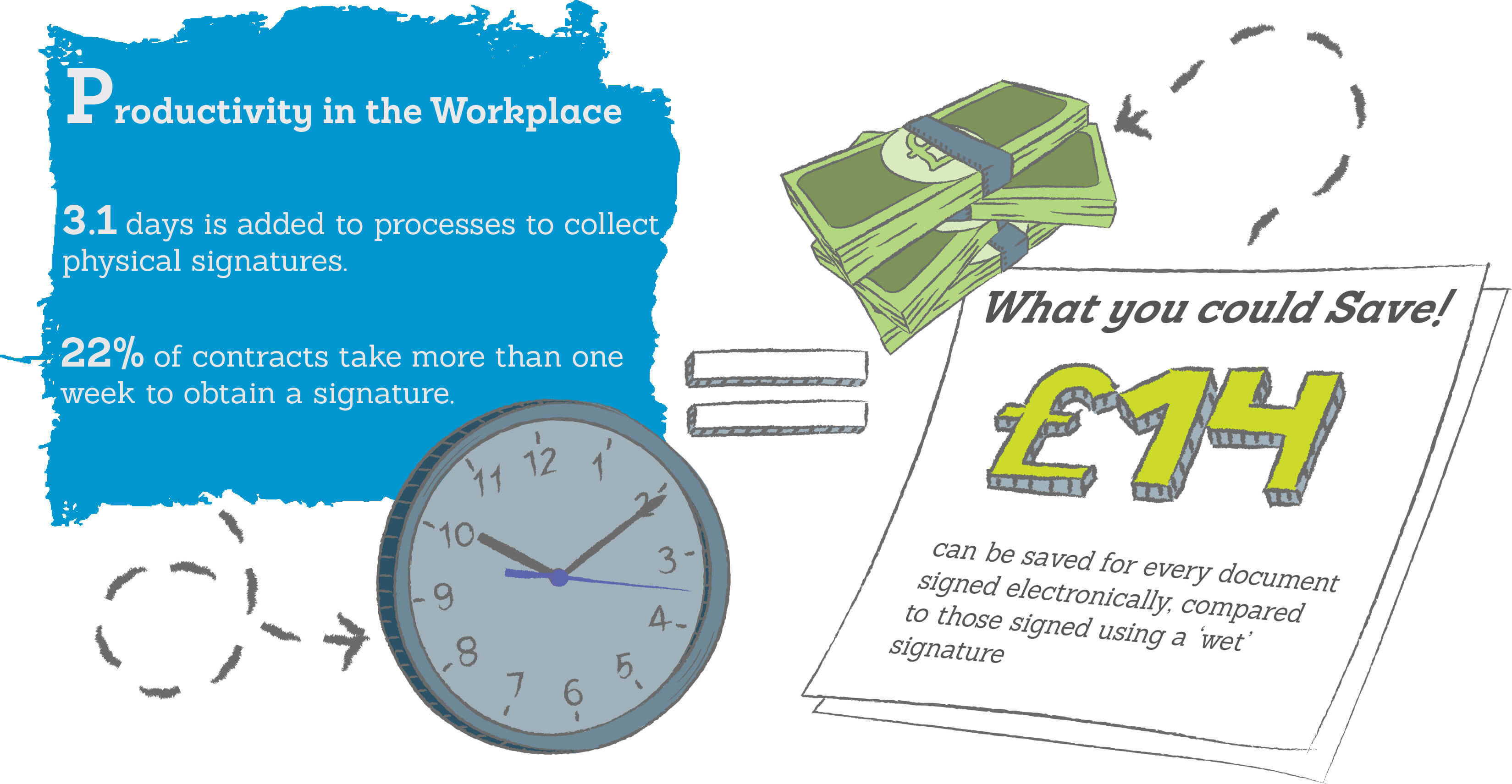Is the Fear of Automation in Work Justified?

Published:
Is the fear of Automation justified?
Firstly, what does automation mean? For some, it brings to mind the idea of robots taking over. But the fear of automation relates to more than just worrying about the rise of androids – it is a more fundamental and serious issue. Many might reasonably believe that automation is bringing about the end of working life as we know it, with tasks that humans were once paid for, being farmed out to machines.
So, is the fear of automation justified? Or is it actually something that we should be celebrating, rather than rejecting?
Automation doesn’t mean replacing jobs
There is something of a misconception hanging around the idea of automation – and this is that when tasks are automated, human jobs are lost. Understandably, then, with fears about how the economy will recover from the present geopolitical situation, and rapidly advancing automation technologies, it would make sense for automation to be something that is feared.
But in truth, automation is not the process of having robots take our jobs. In fact, there is actually a multitude of factors to consider when understanding exactly what automation in work means for workers and businesses. Ultimately, no matter what happens with automation over the coming years there will be plenty of jobs for humans to do – in fact, in many ways, humans are essentially irreplaceable no matter how far technology advances.
Increasing productivity
The first thing to say about automation is that far from being a way to take jobs away from humans, in the vast majority of cases, it is designed to make our working lives much easier. There are simply some things that robots and automated processes are much, much better than humans at doing. These are typically mundane, repetitive tasks that need to be performed over and over again.
Take the legal profession; a huge part of lawyers and solicitors time is taken up checking through documents for things that appear again and again. Law professionals are highly skilled, but this is a part of their job that can actually more effectively and much faster by a computer program.
If a computer is able to do this time consuming and laborious task, it actually frees up the solicitor’s time to do more important and valuable work. In this sense it is a huge gain to productivity; the mundane tasks are completed faster and more effectively. While the skilled tasks are given more time and prominence.
A great way to improve processes
One of the areas that automation is able to help enormously is in the improvement of processes. Many businesses believe that their staff have standard processes in place, but in reality, these processes can vary dramatically – even in companies where such processes are theoretically strictly monitored and adhered to.
For tasks to be automated, they need first to be standardised – and this actually has the advantage of improving and strengthening those processes, as everyone must come together to agree on the most effective way to do something so that it can be replicated.
“If you are looking to make your business processes more streamlined, error-proof and cost-efficient, automation is the way forward,” says Document Options, specialists in business process automation “going through the processing of auditing your current processes, and then re-designing and implementing new automated systems can be a massive upgrade to the way your company runs”.
Strengthen compliance
It is, of course, increasingly important that companies fully comply with laws and regulations. Specifically, concerns such as data security and protection have become hot topics in recent years. And there can be no doubt that automating tasks can actually take away the challenges relating to human error.
And this is not the only way that automation can strengthen compliance. We spoke above about the importance of standardised processes – this can be another valuable way to boost compliance and ensuring everyone across the company is doing the same thing with data.
Human skills are going to become more valuable
Finally, it is important to remember that through all of the advances made by automated services – there is no replacing the human worker. In fact, as more aspects of our working lives become automated, it will be increasingly important for humans to provide the skills that only we can offer.
There are certain aspects of work that machines and technology simply cannot replicate – and it is more than just creativity. Human ethics, teaching, context and emotional thinking are all things that it is almost impossible for machines to recreate. These quintessentially human skills will become far more valuable to businesses. So, in a nutshell, automation in work will replace some roles, but it will also create more valuable roles for us for the future of work.
Author Bio:
Dakota Murphey is a Brighton-based tech geek, writer, and mum to two young scamps. With the tiny little bit of time that’s left after tending to said scamps and geekery, our Dakota is a bit of a film buff and loves a box set, a fine-dining experience, and the odd glass or five of vino.


